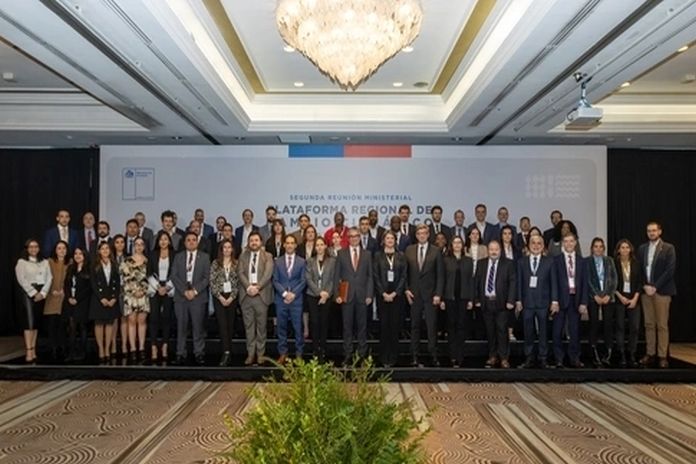CALI, Colombia – The members of the Regional Climate Change Platform of Economy and Finance Ministries of Latin America and the Caribbean announced the establishment of a new working group to support the integration of biodiversity conservation into fiscal and financial policies across the region. This marks the first time finance ministries from the region are aligning forces to promote advance the biodiversity agenda.
Ministers and representatives from the Regional Platform made the announcement during an event held at the United Nations Biodiversity Conference 2024 (COP16).
The objective of the new working group, which Uruguay and Belize will chair, is to lay the groundwork so that all Platform members can learn together and advance the scope of their work regarding biodiversity. More specifically, the group will seek to build a fiscal policy agenda for biodiversity and natural capital and study cases of natural capital measurement in the region from a fiscal risk perspective.
“Ministries of finance can be powerful allies in the struggle to protect our region’s rich natural heritage. With climate action at the forefront, we must now expand our focus to safeguard the countless species and ecosystems that make our countries unique,” said IDB executive vice president Jordan Schwartz. “The IDB is working to turn this vision into reality by bringing governments, businesses, and the financial community together to invest in nature and bridge the funding gaps. Together, we can build economies that don’t just sustain our natural wealth, they value it and help it thrive,” said Schwartz.
“As ministries of finance, we have the opportunity to value nature’s contribution to economic growth and social welfare. We must incorporate environmental and biodiversity considerations into fiscal policy and advance the transition to sustainable economies with clean energy sources to help heal the ecological footprint we have created,” said Ricardo Bonilla, minister of finance and public credit of Colombia and pro tempore president of the regional platform. “The regional platform will be instrumental in identifying our region’s progress and challenges and advancing a fiscal agenda addressing the climate crisis and biodiversity loss,” he added.
Latin America and the Caribbean is a nature powerhouse, home to 40 percent of the planet’s biodiversity, which plays a crucial role in its development and directly sustains the livelihoods of its populations. However, LAC is the region experiencing the most rapid decline in biodiversity due to human-led activities, a process aggravated by climate change. At the same time, the biodiversity financing gap is estimated to be between $600 billion and $800 billion each year.
Around 20 percent of the region’s jobs depend heavily on ecosystem services, with a significant portion held by vulnerable populations, such as its 42 million indigenous inhabitants. Approximately 12 percent of the region’s economic value comes from sectors highly dependent on nature.





